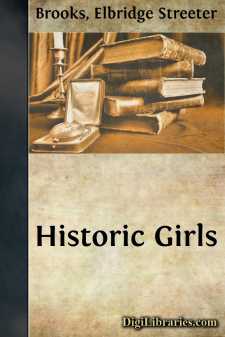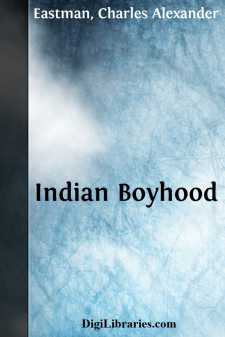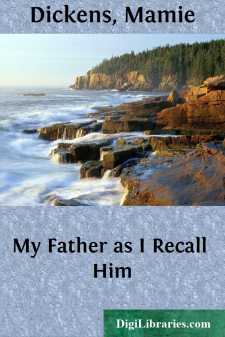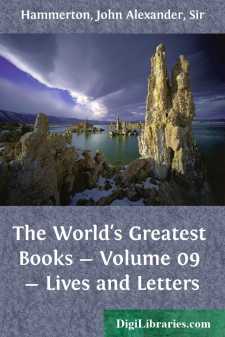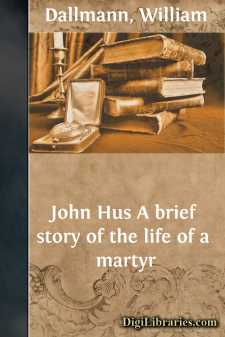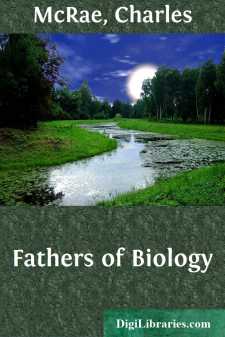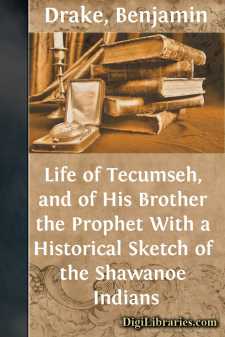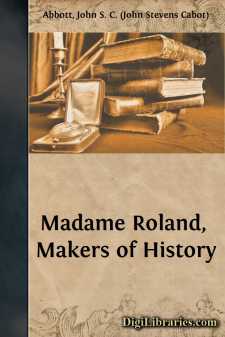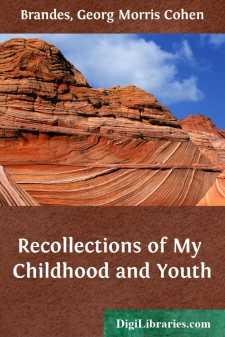Biography & Autobiography
- Adventurers & Explorers 15
- Artists, Architects, Photographers 16
- Business 2
- Composers & Musicians 14
- Criminals & Outlaws 5
- Editors, Journalists, Publishers 6
- Educators 1
- Entertainment & Performing Arts 3
- General
- Health, Exercise & Fitness 1
- Historians 3
- Historical 83
- Law Enforcement 1
- Lawyers & Judges 3
- Literary 147
- Medical 7
- Military 48
- Naturalists, Gardeners, Environmentalists 8
- Personal Memoirs & Diaries 226
- Philosophers 3
- Political 9
- Presidents & Heads of State 38
- Religious 38
- Rich & Famous 27
- Scientists 13
- Women 31
General Books
Sort by:
ZENOBIA OF PALMYRA: THE GIRL OF THE SYRIAN DESERT. [Afterward known as "Zenobia Augusta, Queen of the East."] A.D. 250. MANY and many miles and many days' journey toward the rising sun, over seas and mountains and deserts,—farther to the east than Rome, or Constantinople, or even Jerusalem and old Damascus,—stand the ruins of a once mighty city, scattered over a mountain-walled oasis...
more...
I. Hadakah, "The Pitiful Last" WHAT boy would not be an Indian for a while when he thinks of the freest life in the world? This life was mine. Every day there was a real hunt. There was real game. Occasionally there was a medicine dance away off in the woods where no one could disturb us, in which the boys impersonated their elders, Brave Bull, Standing Elk, High Hawk, Medicine Bear, and the...
more...
by:
Mamie Dickens
CHAPTER I. Seeing “Gad’s Hill” as a child.—His domestic side and home-love.—His love of children.—His neatness and punctuality.—At the table, and as host.—The original of “Little Nell.” If, in these pages, written in remembrance of my father, I should tell you my dear friends, nothing new of him, I can, at least, promise you that what I shall tell will be told faithfully, if...
more...
I.--Héloïse to Abélard Heloise has just seen a "consolatory" letter of Abelard's to a friend. She had no right to open it, but in justification of the liberty she took, she flatters herself that she may claim a privilege over everything which comes from that hand. "But how dear did my curiosity cost me! What disturbance did it occasion, and how surprised I was to find the whole...
more...
by:
William Dallmann
The Youth of Hus. In a humble hamlet in the southern section of beautiful Bohemia near the Bavarian border of poor peasant parents was born a boy and called Jan—Hus was added from Husinec, his birthplace; some say he saw the light of day on July 6, 1373, but that is not certain. When about sixteen Hus went to the University of Prag, the first one founded in the German empire by Charles IV in 1348....
more...
by:
Charles McRae
HIPPOCRATES. Owing to the lapse of centuries, very little is known with certainty of the life of Hippocrates, who was called with affectionate veneration by his successors "the divine old man," and who has been justly known to posterity as "the Father of Medicine." He was probably born about 470 B.C., and, according to all accounts, appears to have reached the advanced age of ninety...
more...
by:
Benjamin Drake
HISTORYOF THESHAWANOE INDIANS. There is a tradition among the Shawanoes, in regard to their origin, which is said to be peculiar to that tribe. While most of the aborigines of this country believe that their respective races came out of holes in the earth at different places on this continent, the Shawanoes alone claim, that their ancestors once inhabited a foreign land; but having determined to leave...
more...
Childhood. 1754-1767Characters developed by the French Revolution.Madame Roland.Many characters of unusual grandeur were developed by the French Revolution. Among them all, there are few more illustrious, or more worthy of notice, than that of Madame Roland. The eventful story of her life contains much to inspire the mind with admiration and with enthusiasm, and to stimulate one to live worthily of...
more...
I. He was little and looked at the world from below. All that happened, went on over his head. Everyone looked down to him. But the big people possessed the enviable power of lifting him to their own height or above it. It might so happen that suddenly, without preamble, as he lay on the floor, rummaging and playing about and thinking of nothing at all, his father or a visitor would exclaim: "Would...
more...
CHAPTER I THE FIRST BENTINCK A HERO What a delightful story is that of the Portland peerage, in which fidelity, heroism, chivalry and romance are blended and interwoven in the annals of the noble families of England. Who that has been to Welbeck Abbey, that magnificent palace in the heart of Sherwood Forest, with its legends of Robin Hood and his merrie men, with its stately oaks and undulating...
more...


